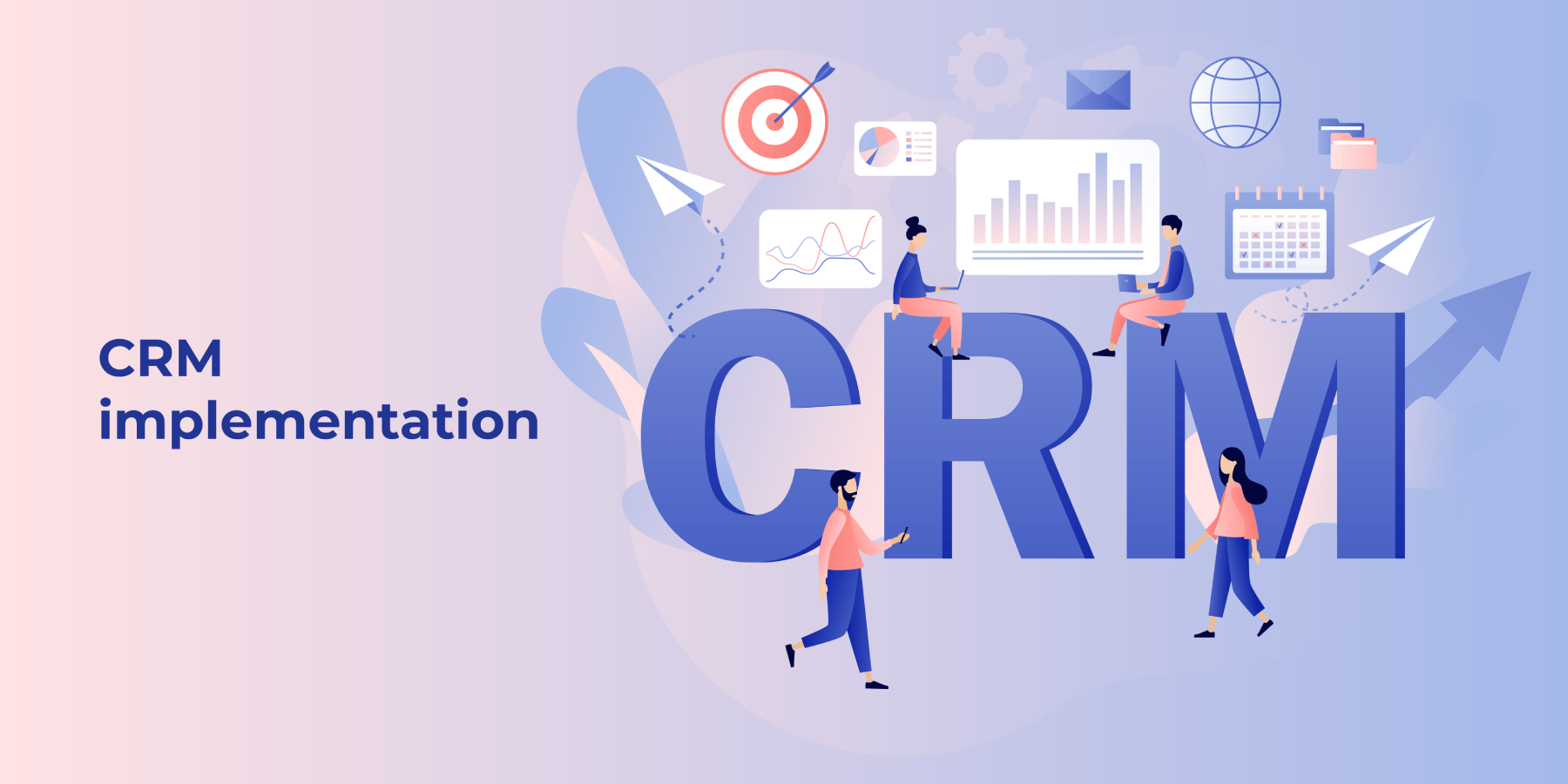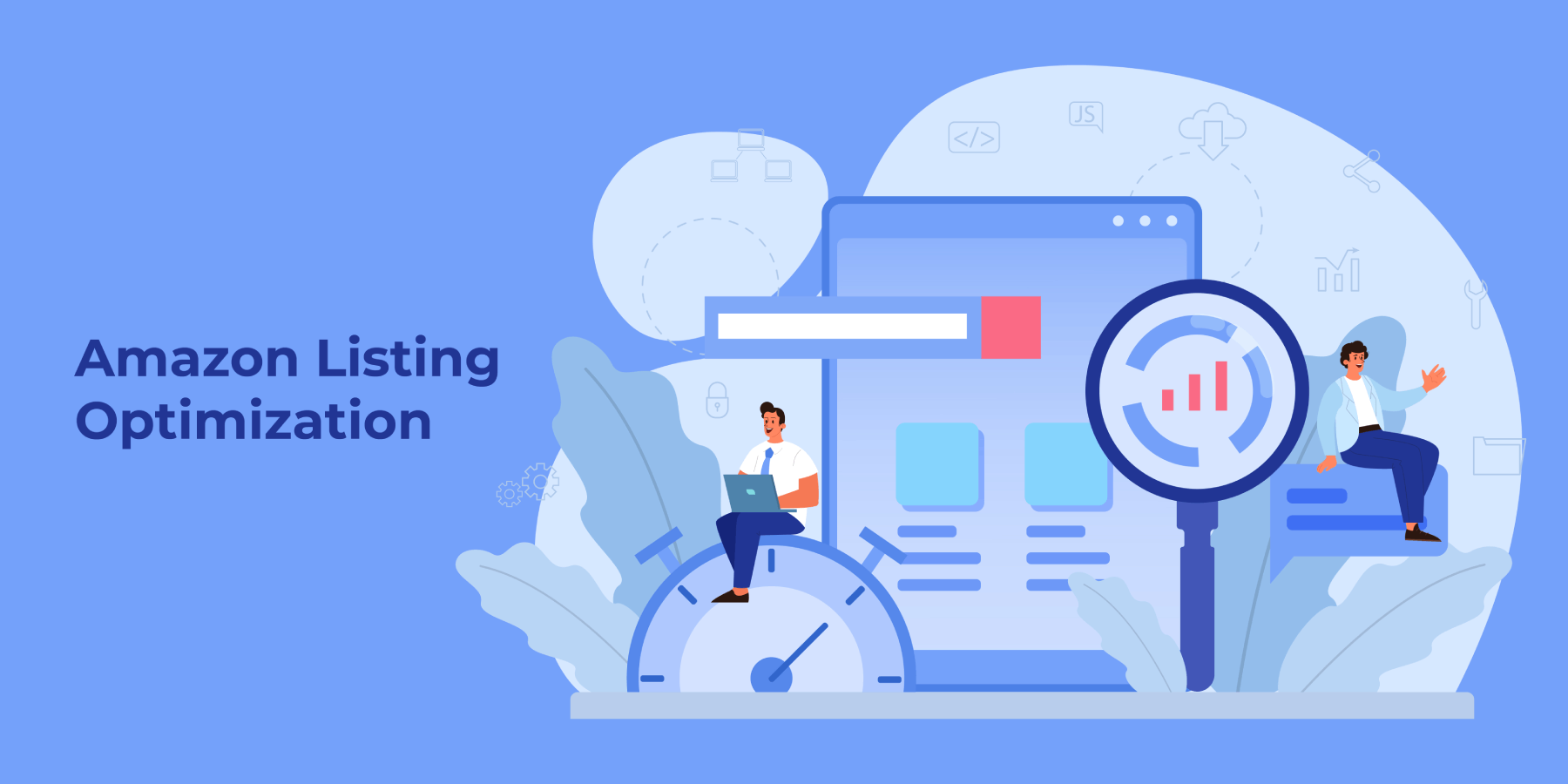Your Ultimate Guide to Selecting the Perfect CRM System for Your Business
Choosing the perfect CRM (Customer Relationship Management) system can affect the growth of your business in large measure. The selection process can be overwhelming, with thousands of CRM options available, even within Google Workspace integration alone.
Making the wrong choice for CRM implementation can lead to costly consequences, wasting time, resources, and missed opportunities. Prioritizing functionalities that align with your business needs, such as deal flow management, email broadcasting capabilities, and effective customer relationship tracking, is essential.
Understanding CRM Types
CRM implementation systems come in different types, each with its own focus. Some prioritize deal management, others emphasize workflow management, and some are about mail automation. It is crucial to step back and evaluate your goals, identifying the specific problems you aim to solve with the CRM software. Consider the priorities of your team members, industry requirements, and sales processes.
This assessment will guide you in choosing a CRM implementation system that suits your unique business processes rather than forcing your processes to fit a pre-determined solution.
Exploring CRM Levels
One can categorize CRM systems into three levels: basic, intermediate, and enterprise.
Basic CRM Systems
These systems are focused on deal management and provide some customer database features. The CRM implementation involves integration within Gmail or Google applications as overlays. While basic CRM systems lack advanced functionalities like email automation and project management, this CRM implementation is ideal for businesses starting, offering features beyond traditional spreadsheet-based tracking.
Intermediate-Level CRM
Intermediate-level CRM systems provide deal management, additional workflow management, and mail automation capabilities. Examples of CRM systems in this category include Copper CRM, ActiveCampaign, Infusionsoft, Ontraport, HubSpot, and Zoho. These CRM implementation platforms enable the creation of customized workflows that boost productivity beyond simple deal tracking.
Enterprise-level CRM
These CRM implementation systems go beyond sales cycle management and encompass advanced functionalities like accounting, deep analytics, and comprehensive dashboards. Salesforce, Microsoft Dynamics, NetSuite, and SAP are prominent examples of enterprise CRM systems. However, implementing and maintaining enterprise CRM implementation systems can be complex and expensive, making them more suitable for larger businesses.
Key Metrics for Choosing a CRM System
When selecting a CRM system, consider the following essential metrics:
1. Integrations
Evaluate whether the CRM implementation software seamlessly integrates with your existing systems. Ensure compatibility with your accounting software, the availability of APIs, and integration capabilities with tools like Zapier. Easy data transfer in and out of the CRM is crucial for efficient operations.
2. Price and Value
Assess the cost of the CRM implementation in the present and as your business scales. Look out for hidden fees and sudden price increases as you add more team members or require additional features. Consider the value the CRM system provides in relation to its cost.
3. Expandability
Determine if the CRM system can accommodate your future business growth. Is it future-proof and adaptable to your evolving needs? Look for active development teams regularly introducing new features and updates, ensuring the CRM implementation remains relevant.
4. Access and Usability
Evaluate the accessibility and usability of the CRM system across various devices and platforms. Check if it works seamlessly on iPhones, iPads, Android phones, web browsers, and other machines. Avoid scenarios during CRM implementation that require software installations on local computers, prioritizing user-friendly interfaces and effortless usability.
5. Implementation and Maintenance
Assess the ease of transitioning from your current system to the new CRM. Consider the level of support available during CRM implementation and in the long run. Determine if external consultants are required and at what cost. Opt for a CRM system that allows easy modifications and updates, empowering users to adjust it themselves.
Popular CRM Systems in the Market
1. Salesforce
Salesforce CRM provides hassle-free contact management by offering access to critical customer data, interaction history, and insights to create a complete customer picture. This CRM implementation simplifies quote and lead management, automates quote generation and lead assignment, and enables real-time updates through the mobile app.
Additionally, Salesforce CRM offers features like Einstein Analytics for business intelligence, Quote to Cash automation, and dedicated solutions for small businesses and startups with built-in intelligence and 360-degree customer views.
2. HubSpot CRM
HubSpot CRM is a cloud-based platform that provides comprehensive features for managing contacts, tracking deals, and analyzing business metrics. This CRM implementation offers automation capabilities for email marketing, facilitates lead nurturing, and supports B2B and B2C businesses across various industries.
With features like lead monitoring, sales pipeline management, and email campaign tracking, HubSpot CRM implementation empowers sales and marketing groups to manage customer relationships and drive business growth effectively.
3. Microsoft Dynamics 365
Microsoft CRM Dynamics 365 provides a comprehensive view of clients by consolidating all their information in one place, including contact details and purchase history, enabling businesses to have a holistic understanding of their customers’ needs.
Dynamics 365 CRM implementation simplifies task and deal management, allowing businesses to effectively handle tasks such as customer support issues and timely customer renewals. With its ability to automate customer-related processes, facilitate cross-departmental collaboration, and improve sales and customer service, Microsoft CRM Dynamics 365 enhances overall customer management and business operations.
4. Zoho CRM
Zoho CRM is a highly regarded entry-level CRM platform that offers scalability to accommodate the growth of small businesses. Many new businesses find value in its free CRM implementation plan, which provides an easy way to track leads and manage contacts without cost.
Zoho CRM stands out with its seamless integrations, allowing users to connect with other Zoho tools and popular third-party apps such as Mailchimp, Google Analytics, and QuickBooks. This CRM implementation ensures a seamless workflow and enhances efficiency for businesses utilizing multiple software solutions.
5. Copper
Copper is a CRM system specifically designed for Google Workspace users. It seamlessly integrates with Gmail and other Google apps, offering contact management, pipeline tracking, email automation, and advanced reporting features. Copper is an excellent Gmail add-on that utilizes machine learning and AI to simplify deal-making and relationship management.
This CRM implementation is great for businesses using Google Workspace, offering seamless integration and features such as one-click contact addition, automatic data retrieval, filtered conversations, email templates, project management, email delivery, and robust reporting capabilities. Combining Copper with Gmail enhances productivity and efficiency, ensuring teams stay on track with relationships and successfully close deals.
Conclusion
Choosing the right CRM system is a pivotal decision for your business. You can make an informed choice by prioritizing functionalities, considering CRM types and levels, and evaluating key metrics like integrations, price, expandability, access, and implementation. Remember, your selected CRM implementation should align with your business processes, facilitate efficient customer management, and support your growth.
Vgrow is a reliable partner to consider if you need assistance with CRM implementation. With their expertise and experience, they can guide you through the process and ensure a smooth and successful CRM implementation. Their professional team can provide valuable insights and support to optimize your CRM for improved business efficiency.
This blog is inspired by the video, ‘Choosing the Best CRM for Business (Google Gmail Compatible CRM)’ by ‘itGenius 🤓 Biz Tech Experts.’

Nandhini A
Nandhini A, with over 15 years of experience, currently serves as a Relationship Manager at Recruit Ninjas. Her expertise includes driving business process success, leading operations, and team development. She excels in optimizing efficiency and productivity, driving sales, and fostering high levels of customer satisfaction and retention.





